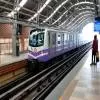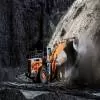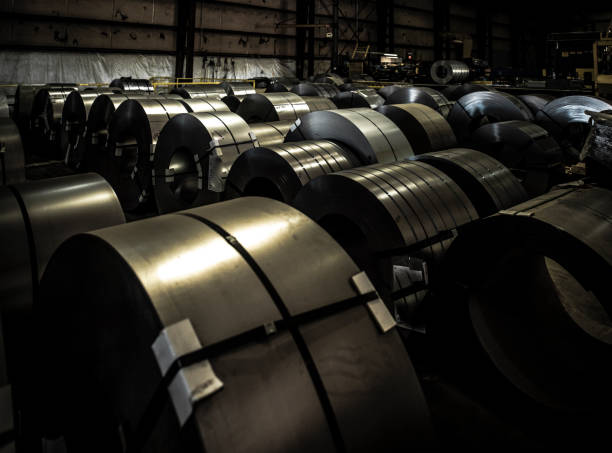
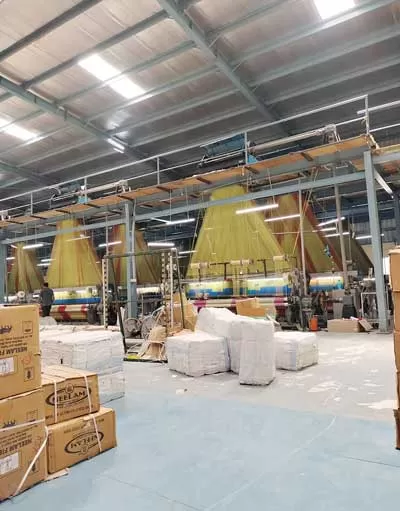
Allcargo Gati Strengthens Doddaballapura’s Industrial Growth
Doddaballapura, once renowned for its silk sarees, has evolved into a major industrial hub, housing an Apparel Park and diverse manufacturing units producing textiles, paints, and machinery. The region’s strategic location and robust infrastructure have attracted national and international companies, boosting Karnataka’s economy.For the past four years, Allcargo Gati has been a key logistics partner, ensuring efficient distribution of goods across India. With a structured supply chain strategy—65 per ent to the north, 15-20 per cent west, 10-15 per cent east, and 5 per cent south—the c..
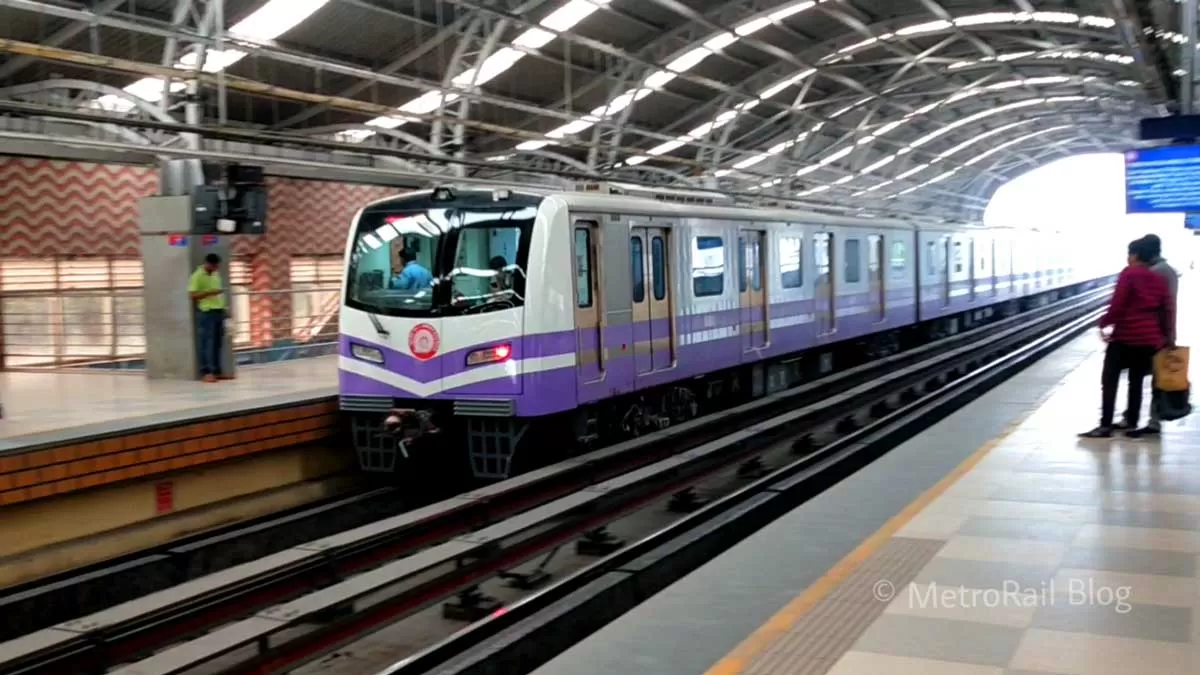
Kolkata Metro to Suspend Green Line Services on March 8-9
The Kolkata Metro Railway has announced a complete traffic block on the East West Metro Corridor (Green Line) on March 8 and 9 for testing the Communication-Based Train Control (CBTC) system. Services will also be partially disrupted on the evening of March 7 and the morning of March 10. The Green Line, India’s first underwater metro tunnel and home to the country’s deepest metro shaft, runs from Howrah Maidan to Salt Lake Sector V. This line’s first phase was inaugurated in 2020 by then Railway Minister Piyush Goyal. Additionally, the Kolkata Metro recently introduced a paper ..
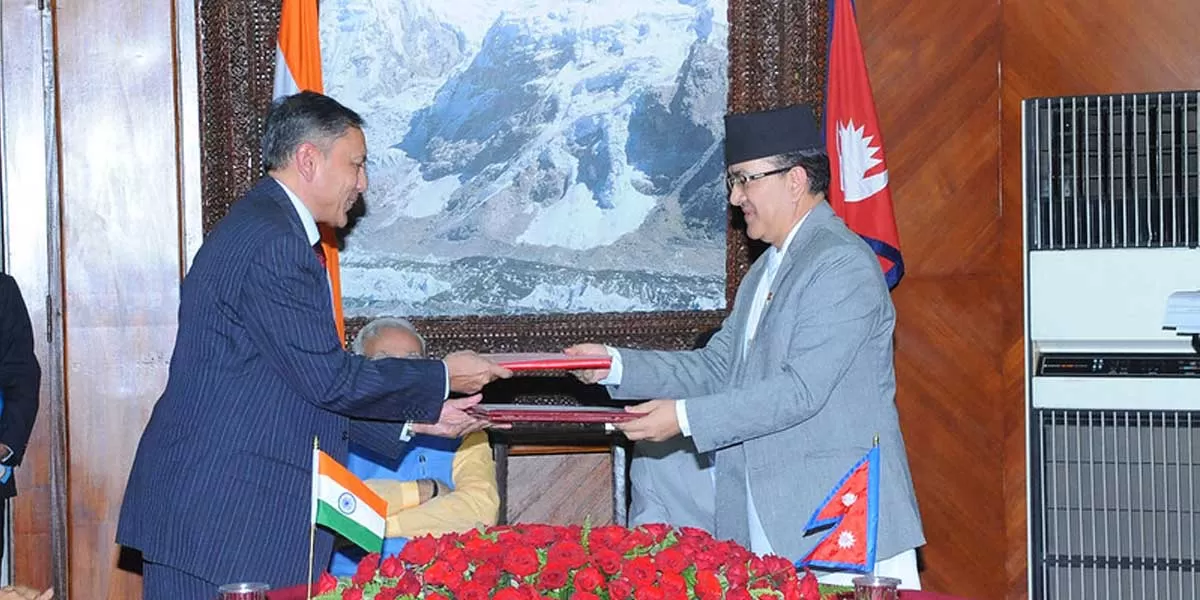
India and Nepal Sign MoU to Strengthen WASH Sector Cooperation
India and Nepal signed a Memorandum of Understanding (MoU) on March 3, 2025, to enhance cooperation in the Water, Sanitation, and Hygiene (WASH) sector, including waste management. The signing ceremony took place at Sushma Swaraj Bhawan in New Delhi, attended by India’s Union Minister of Jal Shakti, CR Patil, and Nepal’s Minister of Water Supply, Pradeep Yadav. The agreement aims to foster collaboration between the two countries to improve access to clean drinking water and sanitation. It outlines key areas of cooperation such as capacity-building programs for Nepali personnel, techno..





